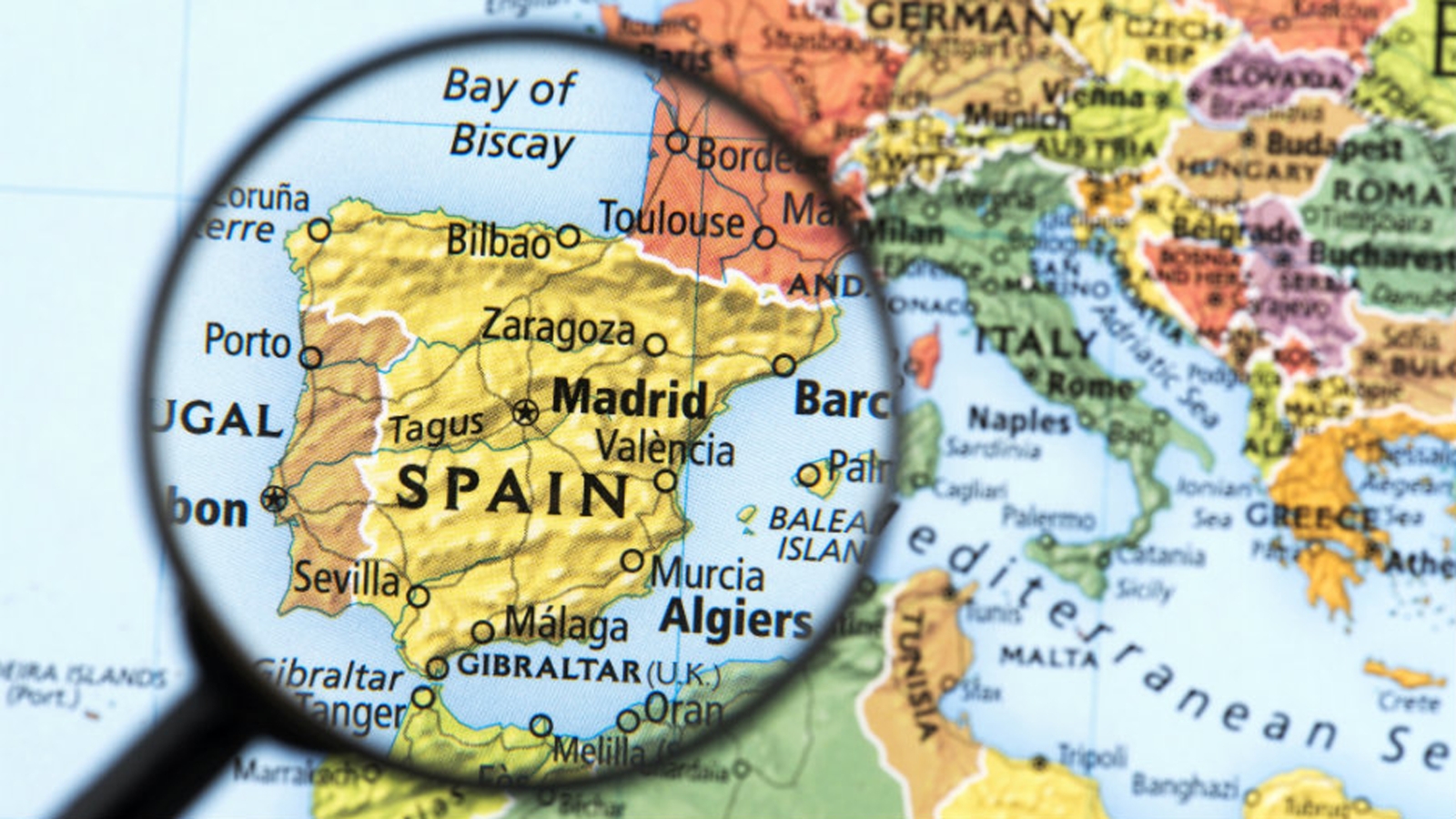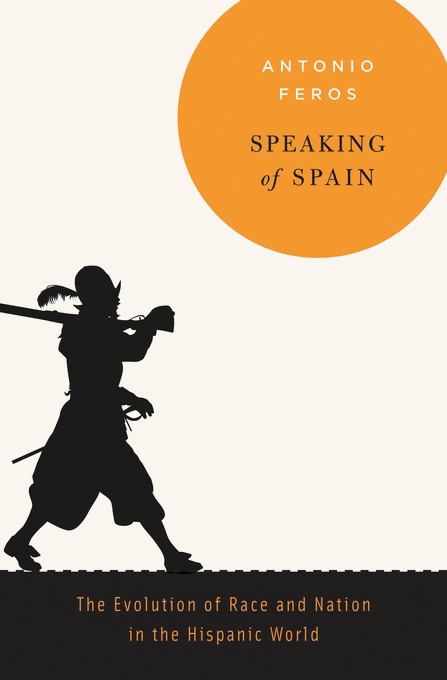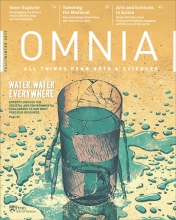Twentieth-century Spain was marked by political upheaval. The Spanish Civil War (1936–1939) ended with a victory for General Francisco Franco, who ruled the region as a fascist dictator until his death in 1975. Then began La Transición, the transition to a constitutional monarchy and democracy. In 1978, Spain established a constitution that declared “the Spanish Nation, the common and indivisible home of all Spaniards.” Not “all Spaniards,” however, including members of previously autonomous communities, necessarily view Spain as “indivisible.”
“I‘m one of those who doesn’t take simplistic histories of the past very seriously,” says Antonio Feros, an associate professor of history. Reflecting on Spain’s recent history compelled him to look back even further and attempt to trace the many factors that shape present-day attitudes in his home country. His latest book, Speaking of Spain: The Evolution of Race and Nation in the Hispanic World, demonstrates the complex, fraught relationship between national and racial identities in historical and contemporary Spain.
“In Spain there is a sense that Spain is formed by multinational communities. There is not only a Spanish nation, there is a Catalan nation, a Galician nation, and a Basque nation,” says Feros. He knew he would best understand the perspectives of all these nations by studying their histories. “I wanted to understand in what sense Spain tried to create a nation of Spaniards or in what sense one national view, the Castilian, was being imposed on the rest of us.”
To detangle Spain’s multinational view, Feros analyzes 400 years of history. He takes Speaking of Spain readers on a tour of peninsular Spain starting in the 15th century, when the rulers of two independent kingdoms married. The marriage of Isabella of Castile and Ferdinand of Aragon had many historical ramifications—they sponsored Christopher Columbus, for one, and their union planted the seeds for a unified Spain. Feros turns his eye across the Atlantic as Spain established its vast colonial empire in the 16th and 17th centuries, before an extended period of decline in the 18th century. Along the way, he expertly explores the views of period scholars regarding race and the Spanish nation.
Feros’ goal in researching and writing this book is to evaluate how the country’s history of independent kingdoms and colonialism shape the Atlantic Spanish community’s identification as Spaniards. “Ideologies take a long time to build and sometimes they are built on violence, and sometimes they are built on debates and discussions and looking at the history citizens have together,” says Feros.
Feros traces this history to gain insight into the centuries-long scholarly debate on race and the establishment of a unified Spain. In the time frame Feros analyzes, those in power equated whiteness with Spanishness and propagated ideas of racial purity. Some scholars argued against this belief, citing Spain’s many kingdoms, significant Muslim and Jewish populations, and colonized peoples. The Spanish Inquisition, led by Ferdinand and Isabella and begun in 1478, forcibly enacted a narrow definition of Spanishness, interrogating, surveilling, and ultimately expelling many Jews and Muslims who had converted to Catholicism. These people were deemed not sufficiently white, not sufficiently Christian, and thus decidedly not Spanish. The Inquisition was not officially abolished until 1834.
Now that Feros has built the historical foundation for the interplay of race and nation in Spain, he plans to focus his research on modern history, returning him to the timeframe that first launched this retrospective. He remarks that the ethnic beliefs of Spaniards, forged through hundreds of years of conflict, lay hidden beneath a delicate facade of racial acceptance, a facade that is easily perturbed.
“The interesting thing about history is that it’s very much alive; the old habits of previous centuries presented themselves in the 20th century,” says Feros. “If a society doesn’t recognize its big problems in history it is committed to repeat them, and I would not like to see that in Spain.”





